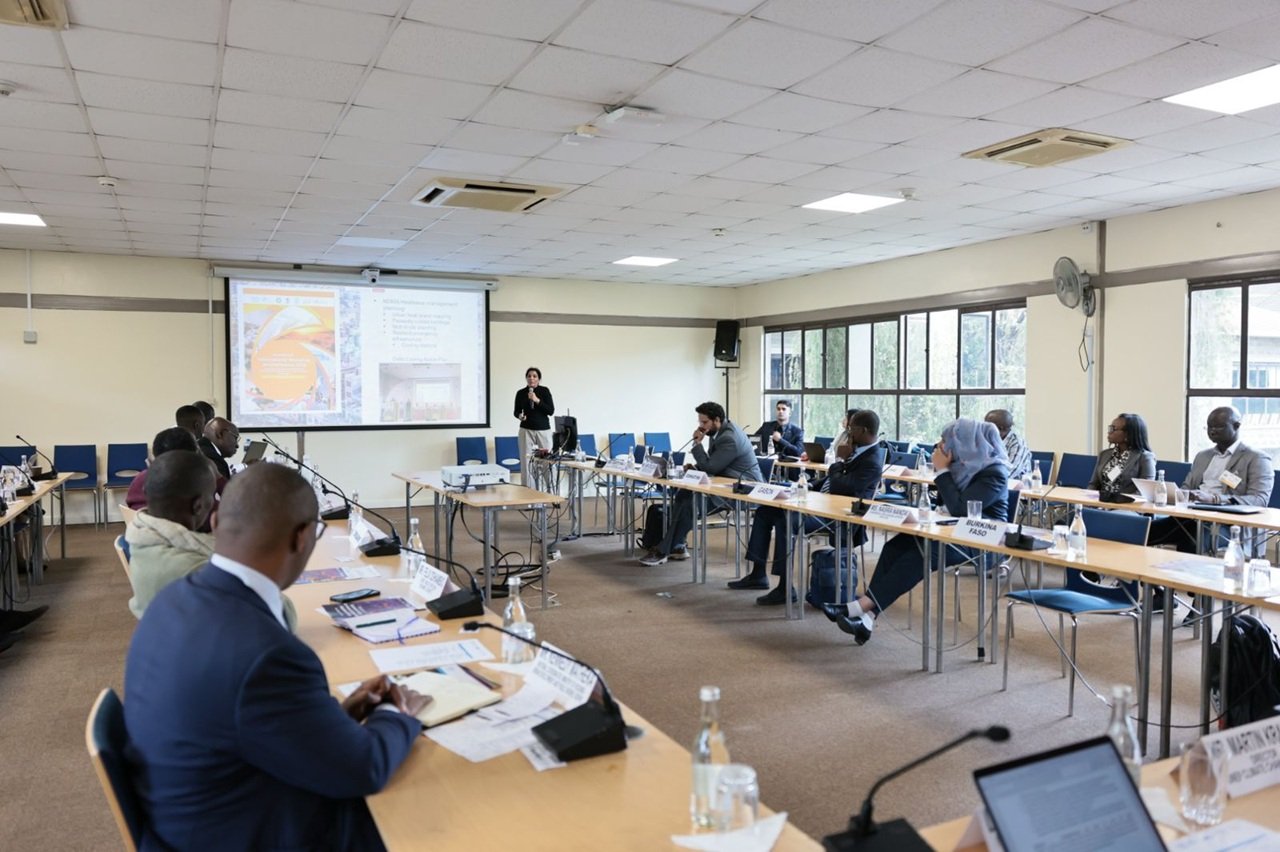As Africa faces intensifying heatwaves and urban vulnerability, the United Nations Environment Programme (UNEP), in partnership with the Swiss Agency for Development and Cooperation (SDC), convened a high-level dialogue on sustainable cooling. Held on 14 July 2025 in Nairobi, Kenya, the event took place alongside the Twentieth Ordinary Session of the African Ministerial Conference on the Environment (AMCEN-20).
The event focused on advancing sustainable cooling in cities, buildings, and cold chains, with an emphasis on inclusive adaptation to extreme heat. Central to the discussions was the BeCool programme, a UNEP-SDC initiative first piloted in India, which promotes passive cooling and nature-based solutions through policy, finance, and capacity-building. Participants explored how BeCool’s experiences could inform efforts across African contexts.
Martin Krause, Director of UNEP’s Climate Change Division, highlighted the rising economic and social toll of extreme heat in African cities. He urged for sustainable cooling to be integrated into national and urban planning and called for enhanced cross-regional cooperation. Julien Peissard, Deputy Regional Head of International Cooperation at the SDC, reiterated that BeCool is a tool for dialogue, not a fixed model, aiming to support tailored approaches through technical and financial partnerships.
Aarti Nain, UNEP Cool Coalition Advisor, presented initial results from BeCool in India, where passive cooling measures such as reflective roofing, shading, and ventilation have reduced indoor temperatures by up to four degrees Celsius and cut energy demand in buildings by nearly one-third.
The dialogue also addressed the challenges in Africa’s cold chain infrastructure. Amr Seleem, UNEP Cool Coalition’s Country Engagement and Climate Policy Lead, noted that up to 50% of fresh produce in parts of Africa is lost post-harvest due to inadequate cooling. Drawing lessons from India, Seleem emphasized the need for national planning, investment, and local capacity-building to improve food security and reduce emissions.
African representatives shared national initiatives aligning cooling with climate policy. Dr. Abdullahi Khalif of Somalia’s NDC Partnership reported on efforts to integrate cooling into updated climate commitments. Mohamed Sharif Ibrahim of IRAD Somalia stressed the value of renewable-powered cold chains, especially in fragile contexts.
Kenya’s Kennedy Matheka outlined progress in aligning building codes and housing policies with passive cooling principles and climate resilience. Cape Town’s Executive Deputy Mayor Eddie Andrews underscored the critical role of municipalities and called for stronger national-city coordination and financing.
The outcomes of the event, including discussions from a subsequent Breakfast Dialogue on Cities and Climate, will contribute to AMCEN’s 2025–2027 technical guidance. Participants emphasized the importance of aligning subnational actions with national climate goals to ensure African cities are equipped to build a heat-resilient future.
Source
